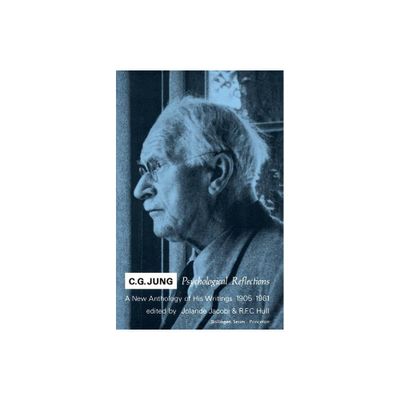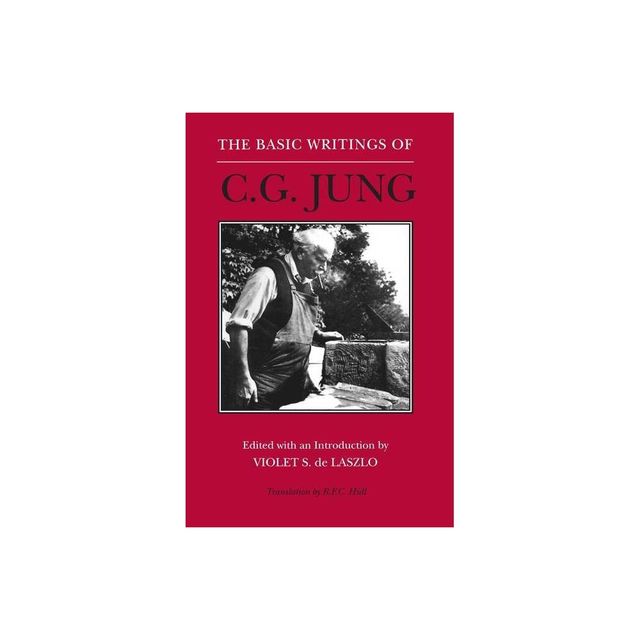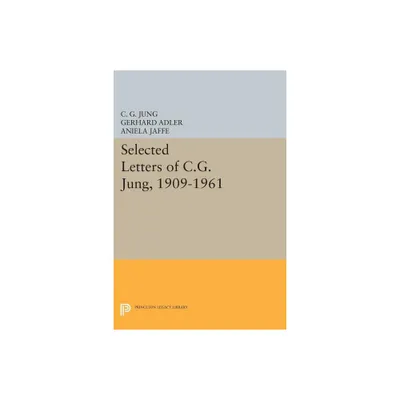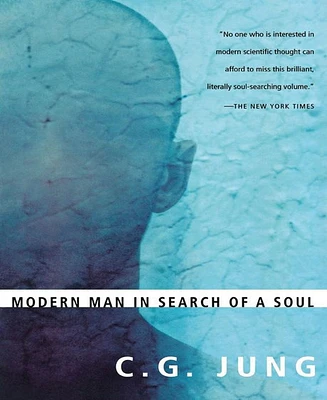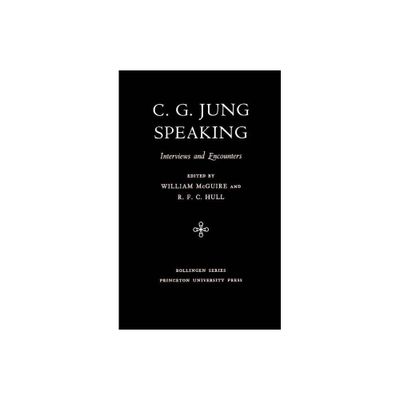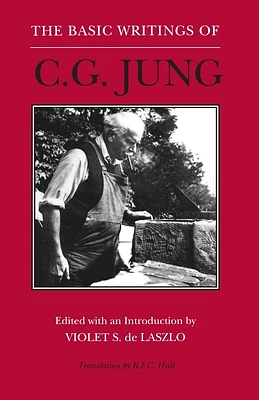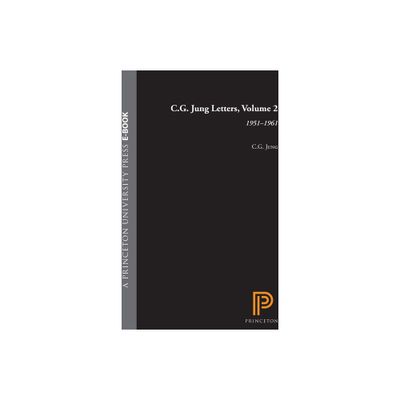Home
C.G. Jung and Nikolai Berdyaev: Individuation the Person: A Critical Comparison
Loading Inventory...
Barnes and Noble
C.G. Jung and Nikolai Berdyaev: Individuation the Person: A Critical Comparison
Current price: $140.00


Barnes and Noble
C.G. Jung and Nikolai Berdyaev: Individuation the Person: A Critical Comparison
Current price: $140.00
Loading Inventory...
Size: Hardcover
*Product Information may vary - to confirm product availability, pricing, and additional information please contact Barnes and Noble
This book explores C. G. Jung's psychology through the perspective of the existential philosopher Nikolai Berdyaev, drawing striking parallels between Jung's theory of individuation and Berdyaev's understanding of the person.
Placing Jung and Berdyaev firmly within the context of secular humanism, Nicolaus draws on their personal experiences of individuation to show how both writers seek to enable a renewal of our self-understanding as persons in a post-religious society.
Topics of discussion include:
the foundations of Berdyaev's personalism
Jung's psychological interpretation of the Christian God-image
individuation and the ethics of creativity.
C. G. Jung and Nikolai Berdyaev: Individuation and the Person
offers a fresh perspective on the ethical implications of Jung’s theory and serves also as an introduction to Berdyaev’s thought. As such this book will appeal to analytical psychologists, scholars engaged with Jungian thought and all those interested in the interface between spirituality and depth psychology.
Placing Jung and Berdyaev firmly within the context of secular humanism, Nicolaus draws on their personal experiences of individuation to show how both writers seek to enable a renewal of our self-understanding as persons in a post-religious society.
Topics of discussion include:
the foundations of Berdyaev's personalism
Jung's psychological interpretation of the Christian God-image
individuation and the ethics of creativity.
C. G. Jung and Nikolai Berdyaev: Individuation and the Person
offers a fresh perspective on the ethical implications of Jung’s theory and serves also as an introduction to Berdyaev’s thought. As such this book will appeal to analytical psychologists, scholars engaged with Jungian thought and all those interested in the interface between spirituality and depth psychology.
